25 Must-Read Books to Learn About the Victorian Era
Explore the Intricacies of the 19th Century
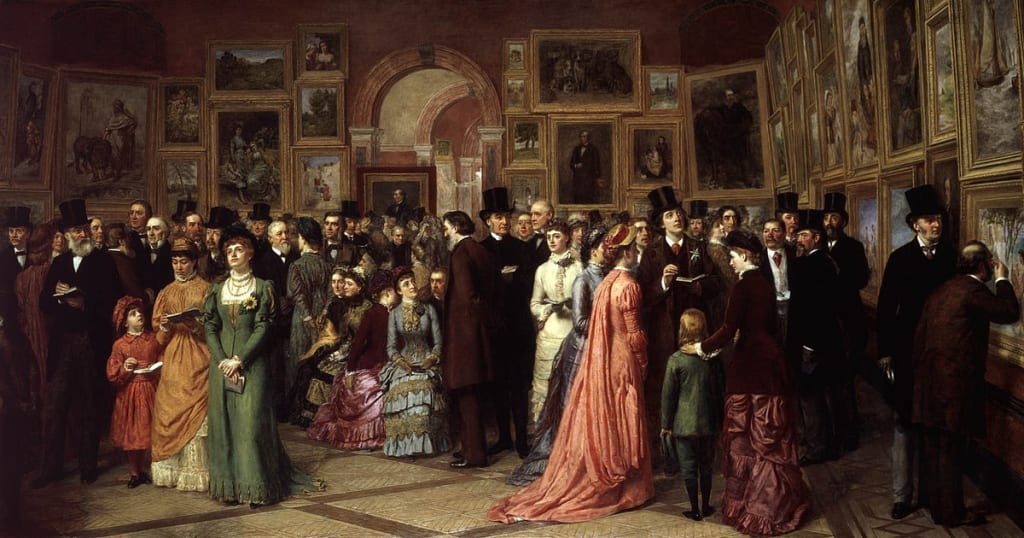
Immerse yourself in the rich tapestry of the Victorian era with our carefully curated selection of 25 books. Covering a range of genres including fiction, non-fiction, and historical accounts, these captivating works provide unique insights into the social, cultural, and political aspects of this transformative period. Join us on a literary journey through the Victorian era, as we provide a brief description and the publishing year for each book.
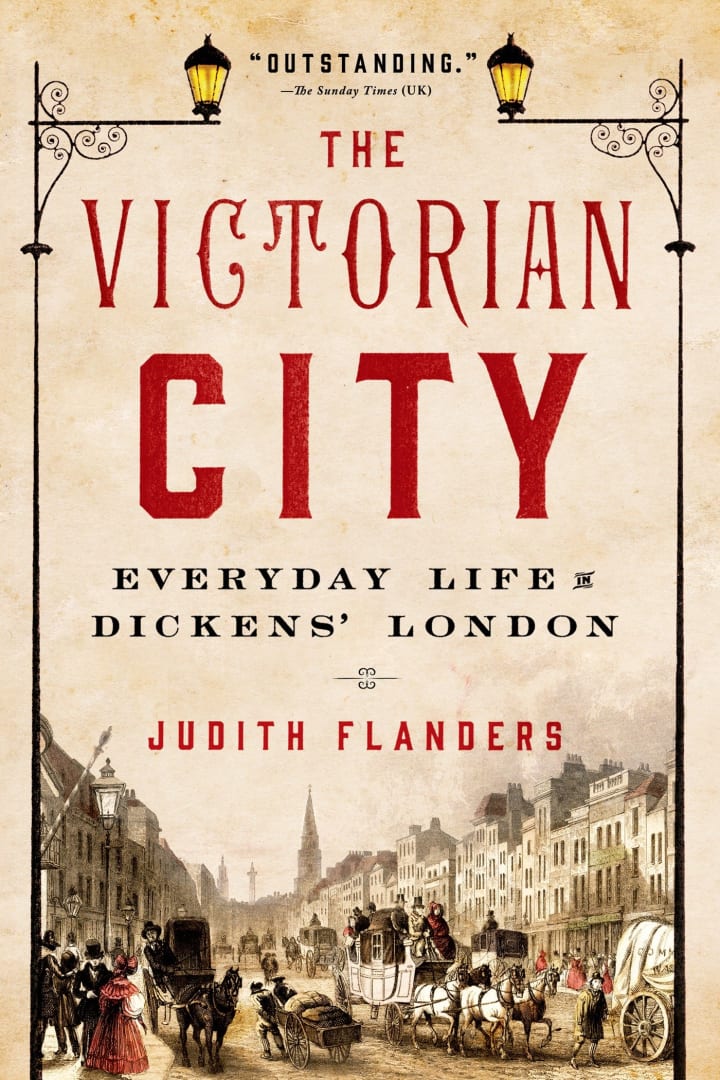
1. "The Victorian City: Everyday Life in Dickens' London" by Judith Flanders (2012)
Delve into the bustling streets of Victorian London with Flanders as she uncovers the intricate details of daily life, exploring the social divisions, bustling markets, and the impact of industrialization.

2. "Victoria: The Queen" by Julia Baird (2016)
Baird presents a comprehensive biography of Queen Victoria, highlighting her influential reign and the immense societal changes that took place under her rule. Explore the Queen's personal life, political impact, and enduring legacy.
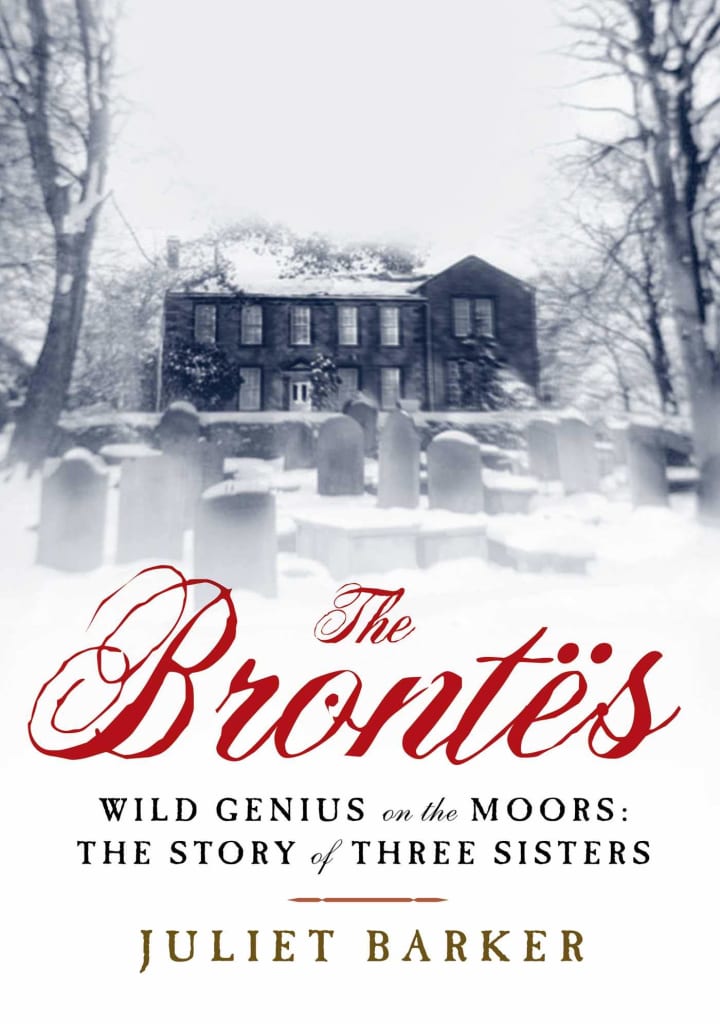
3. "The Brontës: Wild Genius on the Moors: The Story of a Literary Family" by Juliet Barker (2010)
Barker offers a comprehensive account of the remarkable Brontë family, including the lives and works of Charlotte, Emily, and Anne Brontë. Gain insights into their literary genius and the challenges they faced as women writers.
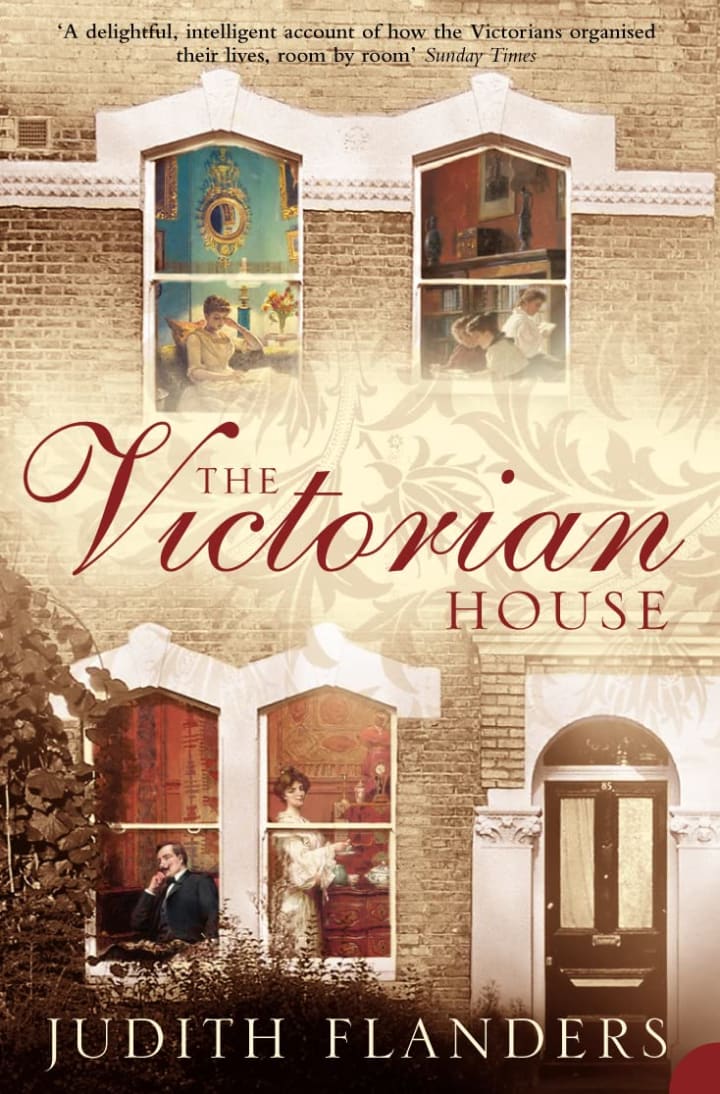
4. "The Victorian House: Domestic Life from Childbirth to Deathbed" by Judith Flanders (2003)
Flanders provides a captivating exploration of domestic life during the Victorian era. From birth to death, delve into the rituals, customs, and daily routines of Victorian households.
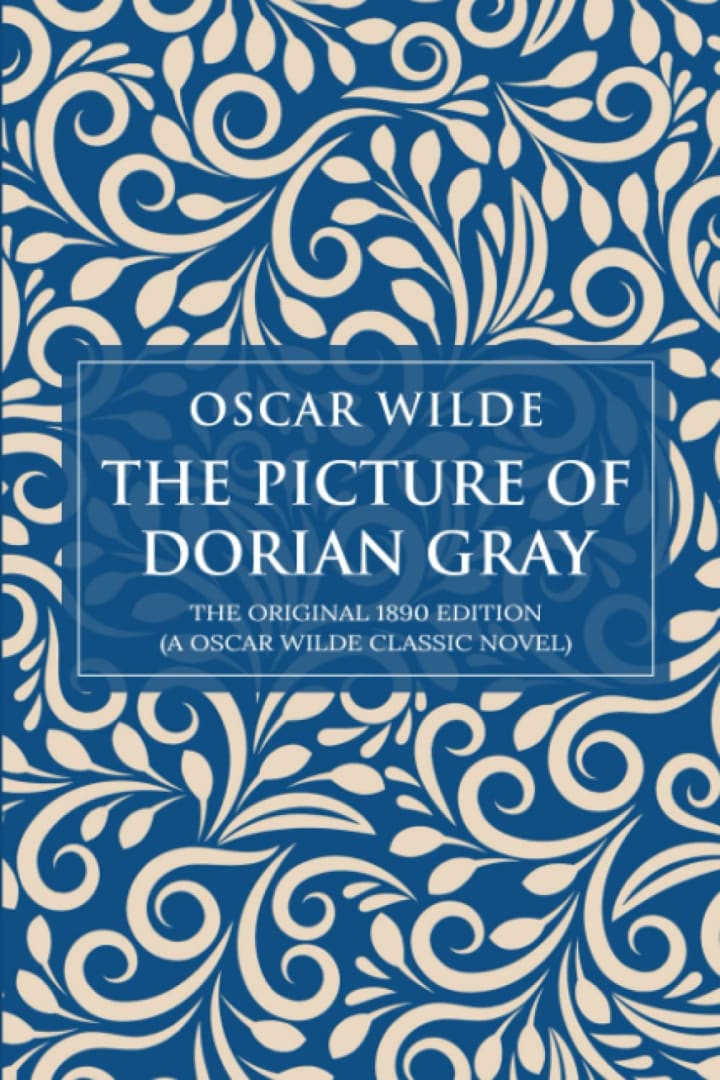
5. "The Picture of Dorian Gray" by Oscar Wilde (1890)
Wilde's only novel explores the dark undercurrents of vanity, morality, and aestheticism. As Dorian Gray's portrait reflects the consequences of his actions, readers are confronted with profound questions about art, beauty, and corruption.
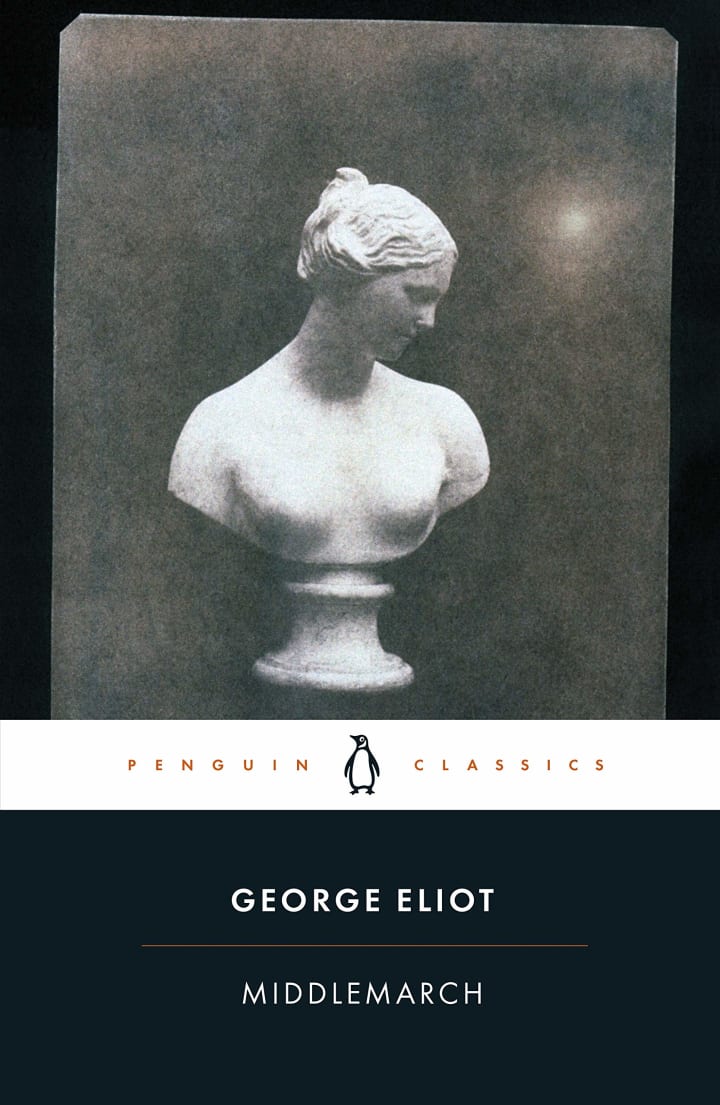
6. "Middlemarch" by George Eliot (1871-1872)
Eliot's panoramic novel delves into the lives of various characters in the fictional town of Middlemarch. With a nuanced exploration of marriage, ambition, and societal change, this book offers a rich tapestry of Victorian society.
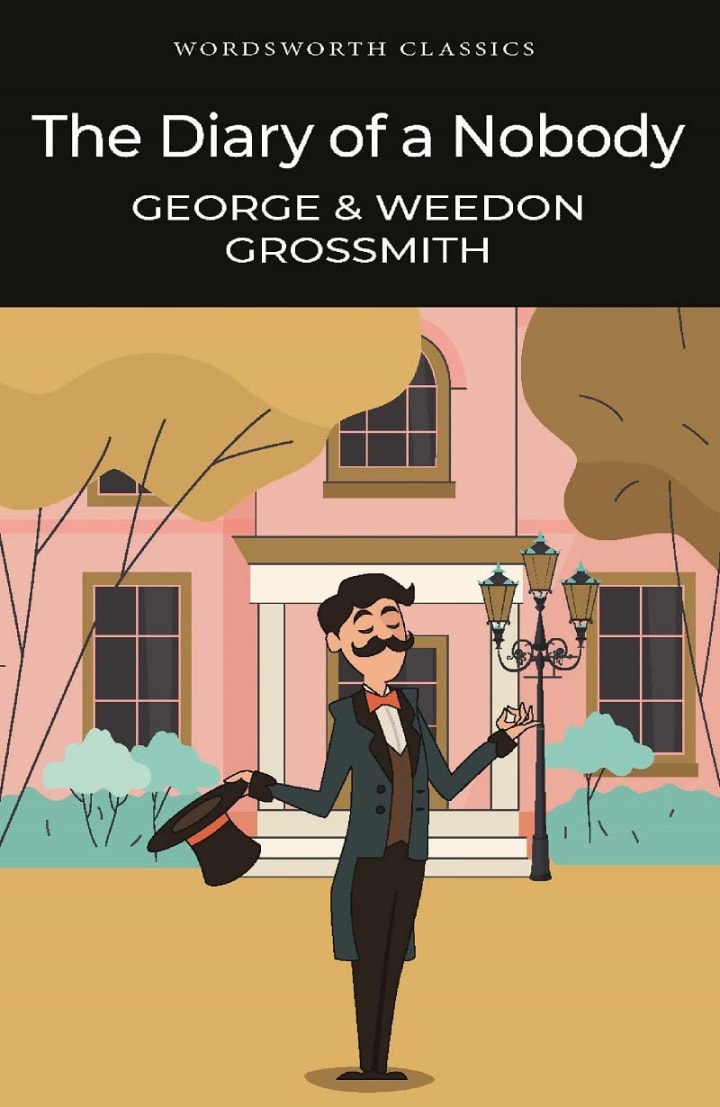
7. "The Diary of a Nobody" by George and Weedon Grossmith (1892)
Step into the shoes of Charles Pooter, a lower-middle-class clerk, as he documents his everyday life with comical and satirical observations. This humorous classic provides a glimpse into the manners and aspirations of the Victorian middle class.
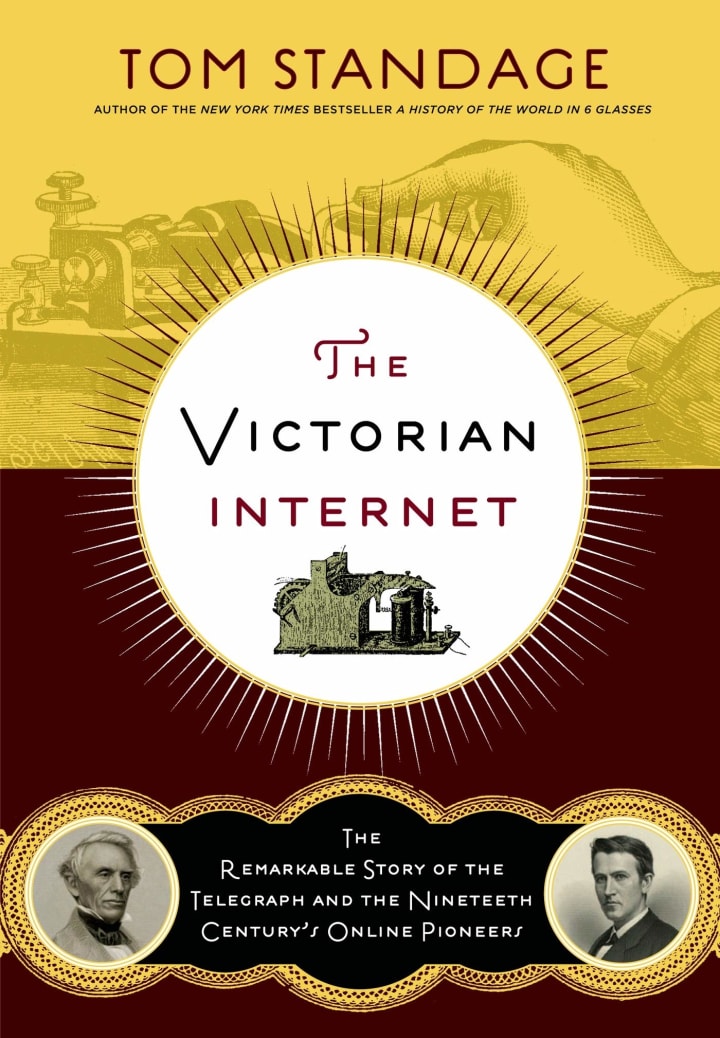
8. "The Victorian Internet: The Remarkable Story of the Telegraph and the Nineteenth Century's On-line Pioneers" by Tom Standage (1998)
Discover the technological marvel of the telegraph and its profound impact on Victorian society. Standage's book explores how this communication revolution transformed the way people connected and conveyed information.
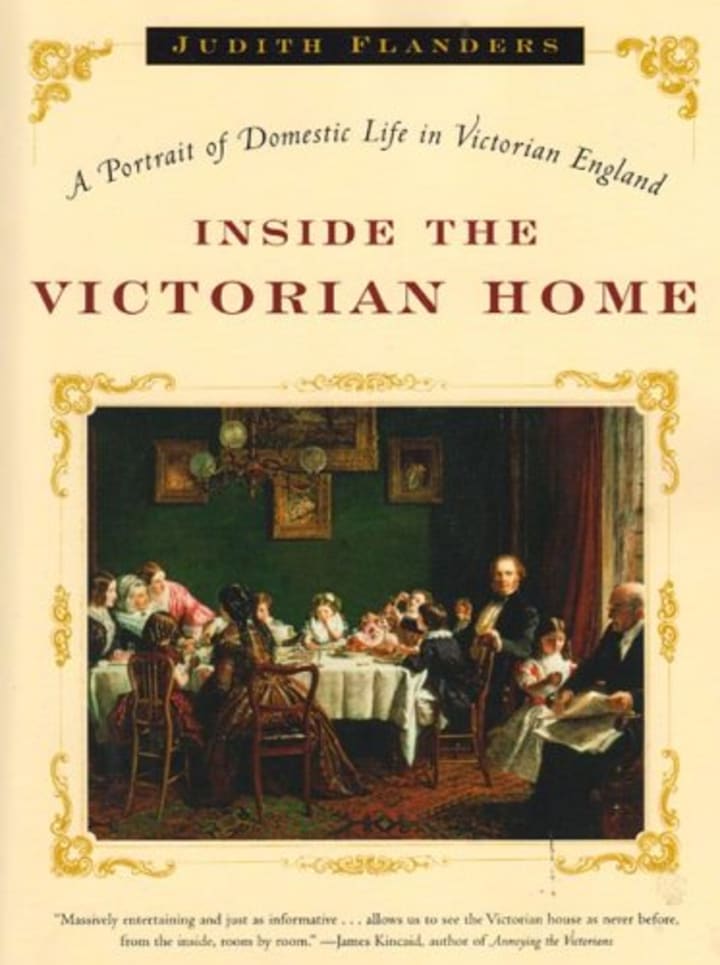
9. ''Inside the Victorian Home: A Portrait of Domestic Life in Victorian England'' (2004)
by Judith Flanders offers a captivating and detailed glimpse into the private lives of Victorian families. From the layout and furnishings of their homes to the daily routines and social dynamics, Flanders presents a comprehensive and engaging exploration of domestic life during this transformative era.

10. "How to Be a Victorian: A Dawn-to-Dusk Guide to Victorian Life" by Ruth Goodman (2015)
Dickens's monumental novel weaves together multiple plotlines and characters to expose the flaws of the Victorian legal system and the social inequality of the time. Through intricate storytelling, Dickens sheds light on the dark corners of Victorian society.
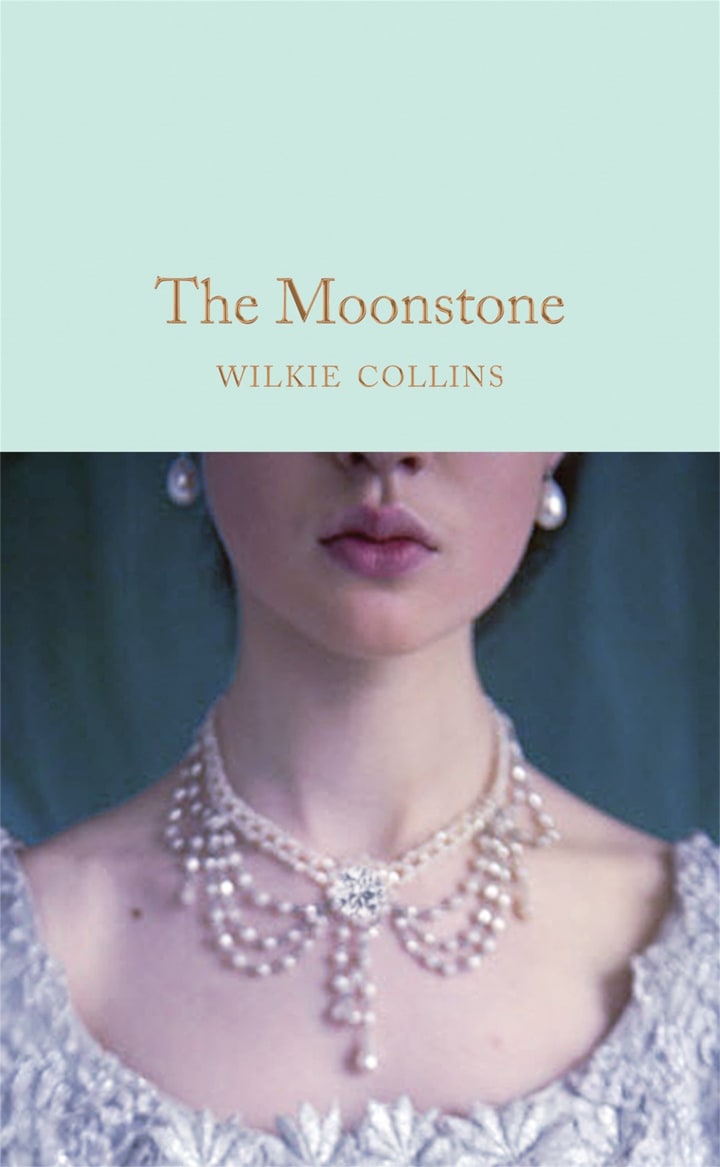
11. "The Moonstone" by Wilkie Collins (1868)
Considered one of the first detective novels, Collins's gripping tale revolves around the mysterious theft of a precious diamond and the subsequent investigation. Experience suspense, secrets, and unexpected twists in this Victorian crime classic.
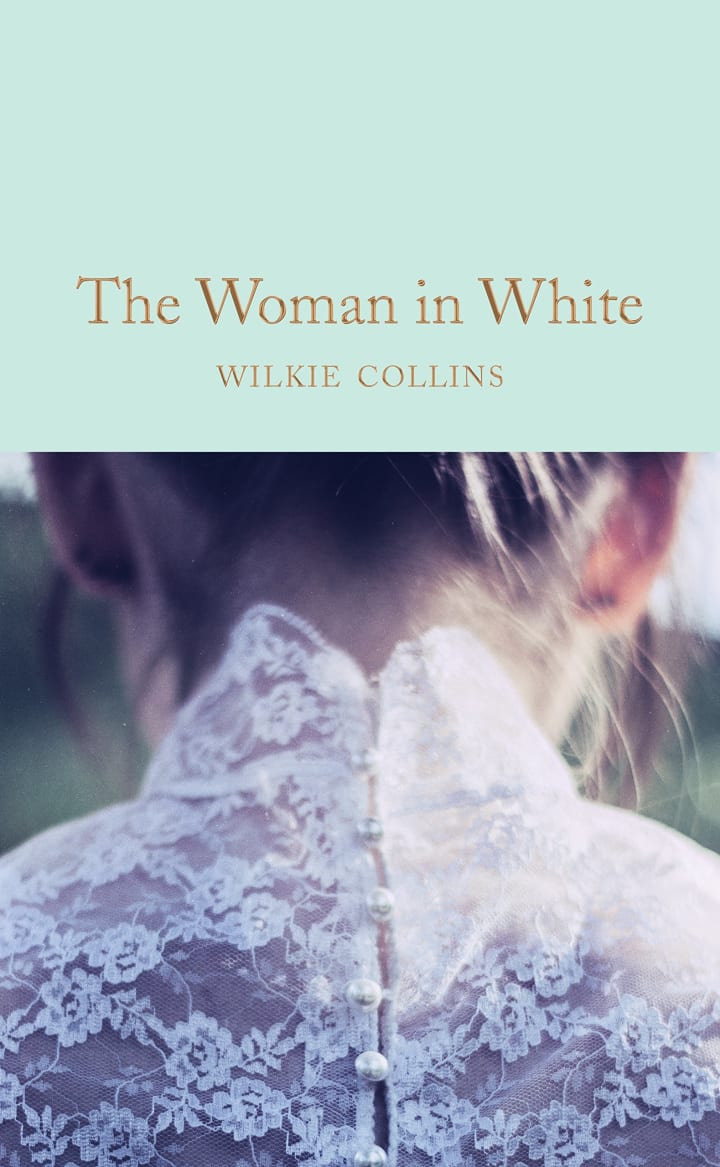
12. "The Woman in White" by Wilkie Collins (1859-1860)
Collins's sensational novel takes readers on a thrilling journey filled with mystery, mistaken identity, and Gothic elements. Through intricate plotting and complex characters, the book explores themes of madness, deception, and injustice.
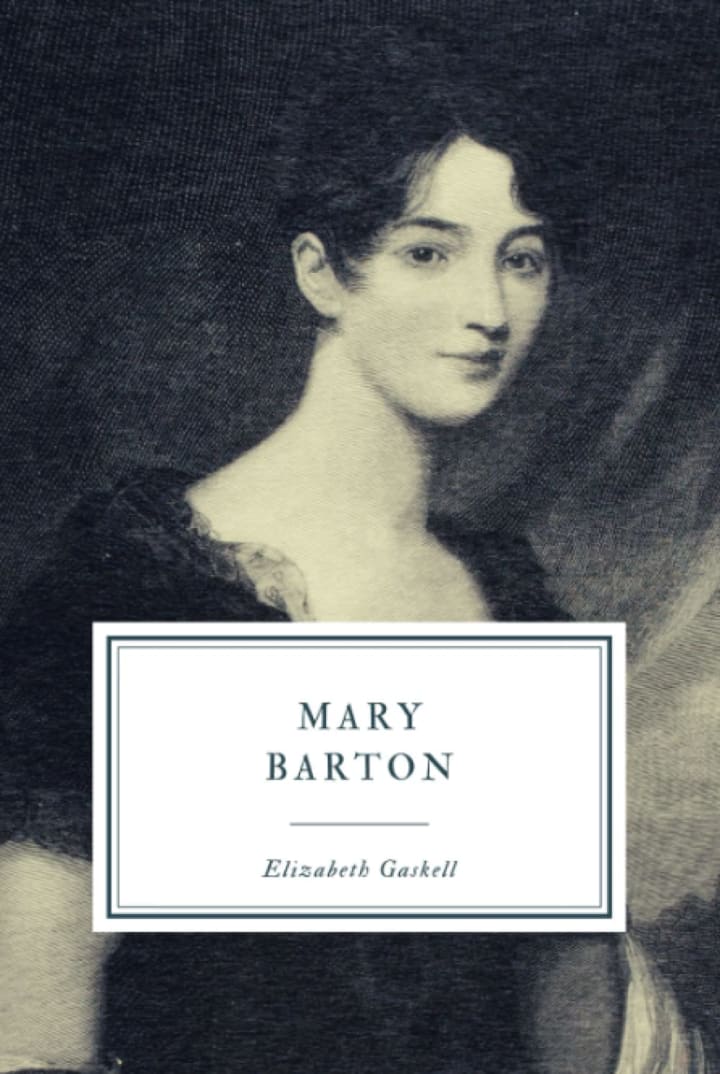
13. "Mary Barton" by Elizabeth Gaskell (1848)
Gaskell's debut novel tackles the social issues faced by the working class in industrial Manchester. Through the eyes of the eponymous protagonist, readers witness the hardships, struggles, and aspirations of the Victorian working class.
14. "Lady Audley's Secret" by Mary Elizabeth Braddon (1862)
Braddon's sensation novel follows the enigmatic Lady Audley and her dark secrets. This gripping tale of deception, madness, and suspense showcases the changing attitudes towards women and marriage in Victorian society.

15. "The Importance of Being Earnest" by Oscar Wilde (1895)
Wilde's comedic masterpiece explores the themes of mistaken identities, societal conventions, and the satirical critique of Victorian upper-class society. Filled with witty dialogue and humorous situations, this play remains a timeless classic.
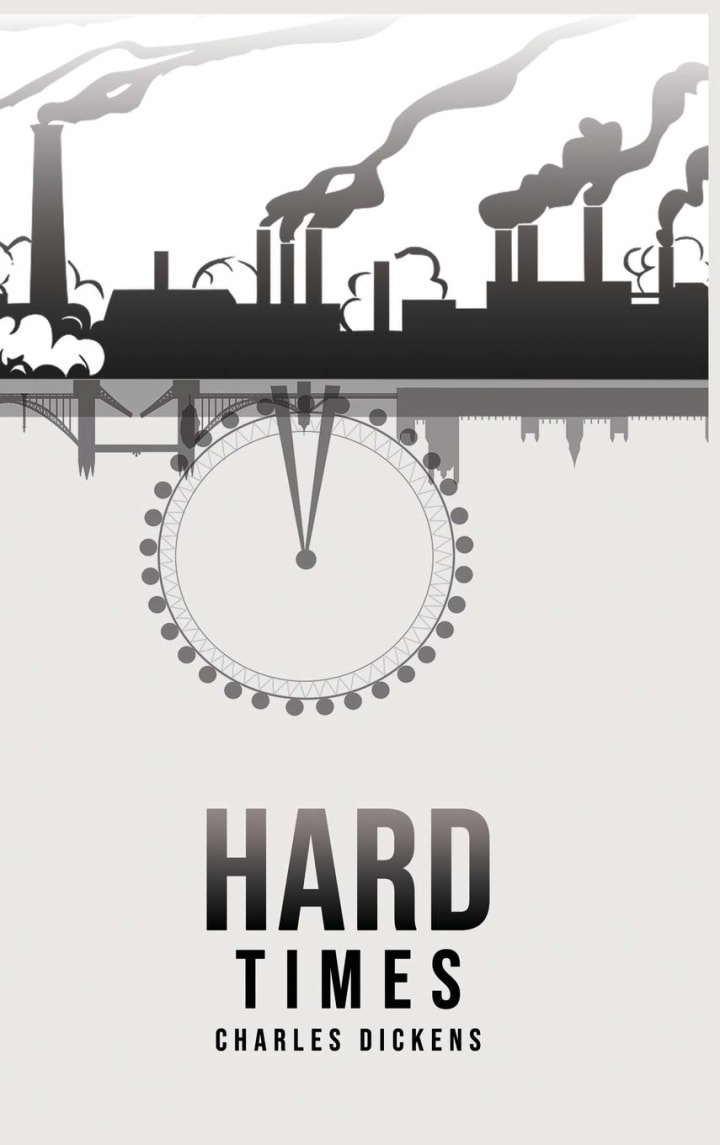
16. "Hard Times" by Charles Dickens (1854)
Set in the fictional industrial town of Coketown, Dickens exposes the harsh realities faced by workers during the Industrial Revolution. Through compelling characters and social commentary, he critiques the utilitarian mindset and advocates for compassion and empathy.
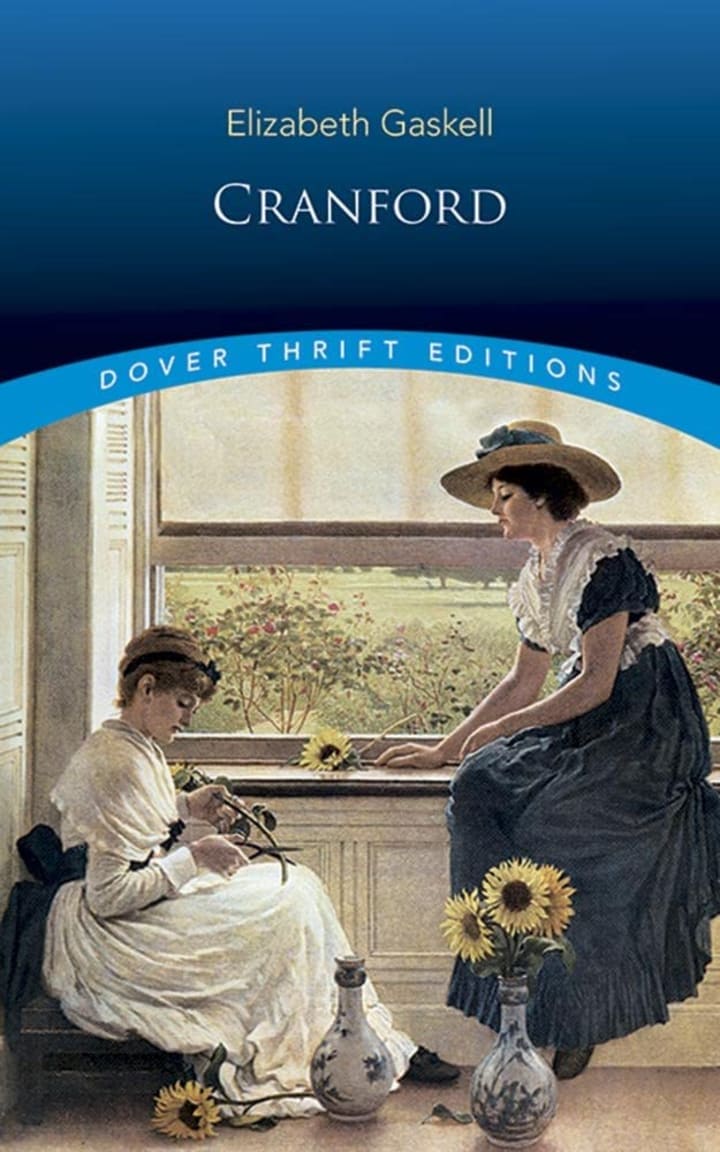
17. "Cranford" by Elizabeth Gaskell (1851-1853)
Gaskell's novel paints a charming and often humorous picture of life in the small town of Cranford, emphasizing the social interactions and traditions of its predominantly female inhabitants. The book offers a glimpse into the lives of unmarried women in Victorian society.
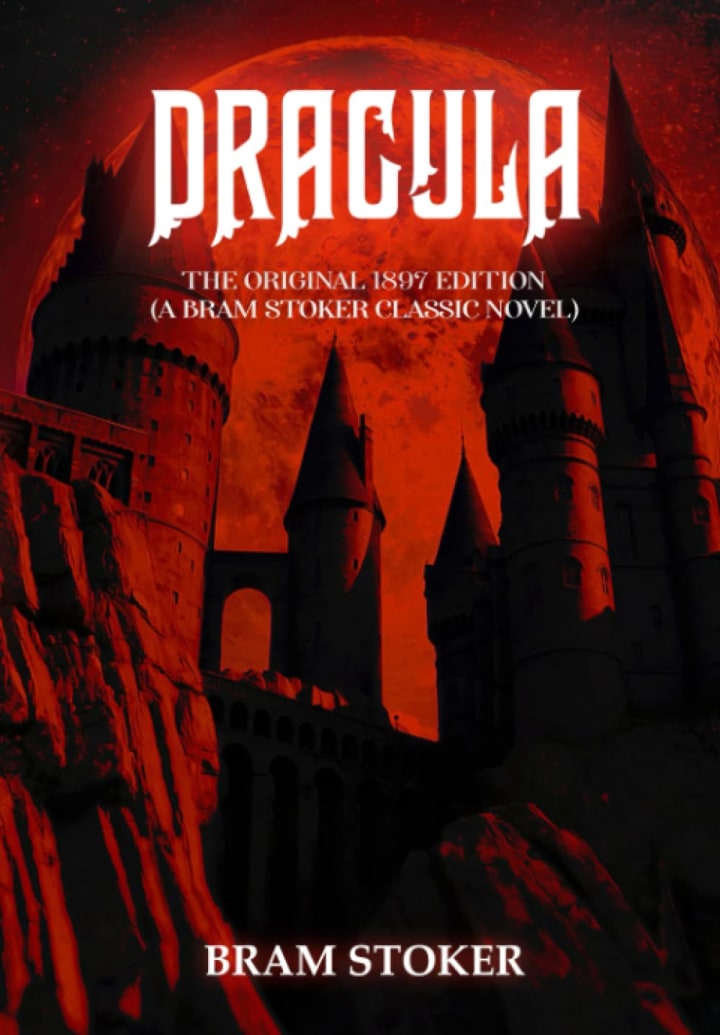
18. "Dracula" by Bram Stoker (1897)
Stoker's iconic novel introduced the world to the enigmatic Count Dracula, unleashing a tale of horror, suspense, and the battle between good and evil. Immerse yourself in the Gothic atmosphere of Victorian England with this enduring vampire classic.
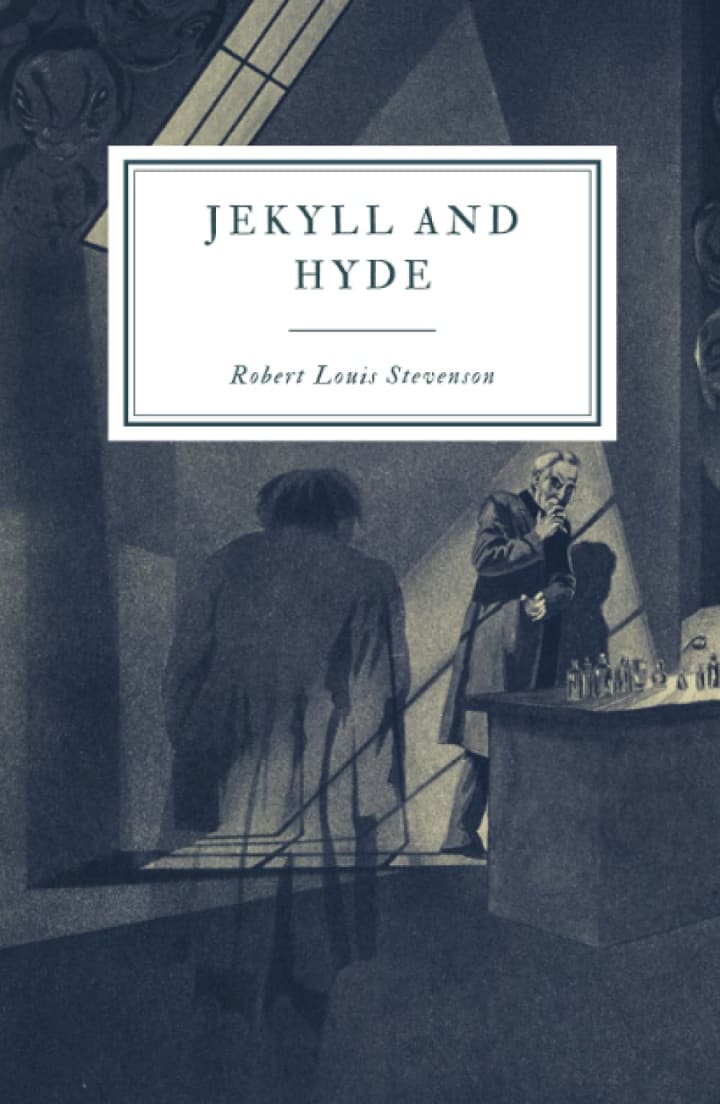
19. "The Strange Case of Dr. Jekyll and Mr. Hyde" by Robert Louis Stevenson (1886)
Stevenson's novella explores the duality of human nature through the contrasting personas of Dr. Jekyll and Mr. Hyde. This psychological thriller delves into themes of identity, morality, and the dark side that lurks within each of us.
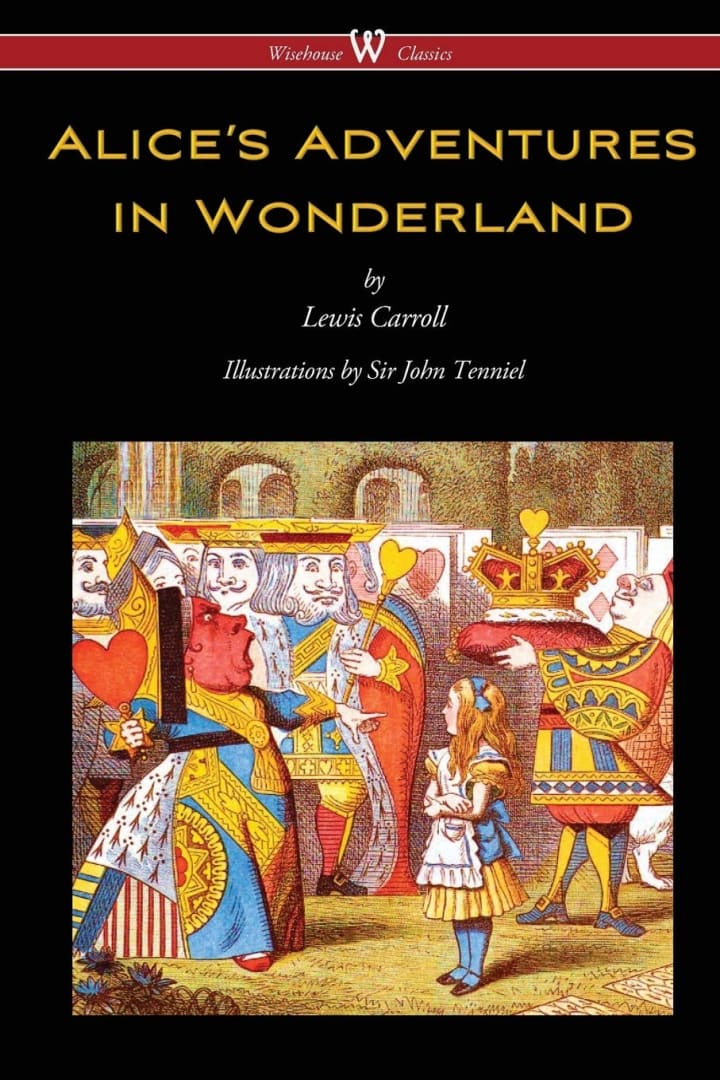
20. "Alice's Adventures in Wonderland" by Lewis Carroll (1865)
Carroll's whimsical tale takes readers on a fantastical journey with Alice as she navigates a surreal world filled with eccentric characters and nonsensical situations. This beloved children's book captures the imaginative spirit of the Victorian era.
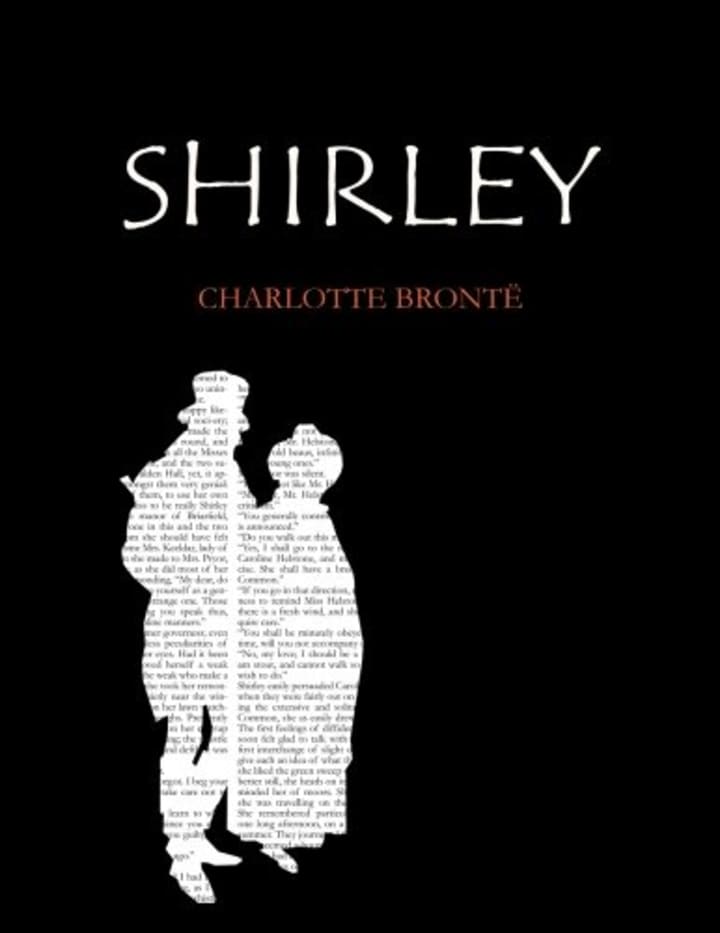
21. "Shirley" by Charlotte Brontë (1849)
Set against the backdrop of the Luddite riots in Yorkshire, Brontë's novel follows the lives of two independent-minded women, Shirley Keeldar and Caroline Helstone. Through their experiences, the book explores themes of feminism, social change, and economic struggles.
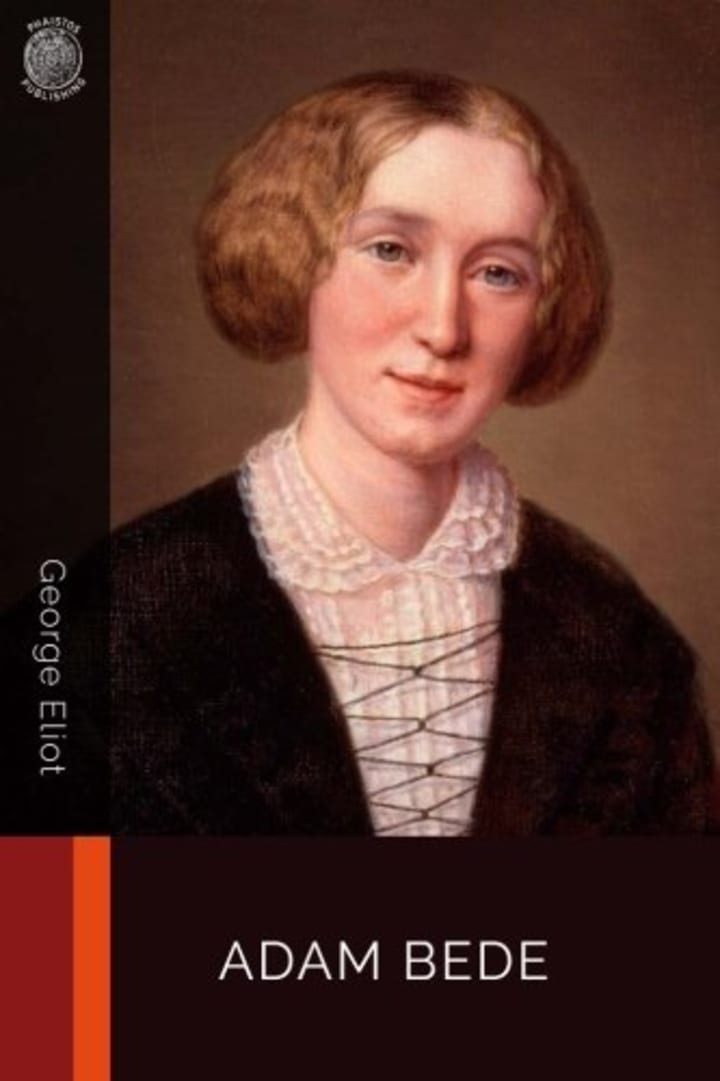
22. "Adam Bede" by George Eliot (1859)
Eliot's first full-length novel revolves around the lives of the titular character, Adam Bede, and Hetty Sorrel. This tale of love, betrayal, and redemption offers a glimpse into the complexities of rural life in the Victorian era.
23. "Villette" by Charlotte Brontë (1853)
Brontë's semi-autobiographical novel transports readers to the fictional city of Villette, where protagonist Lucy Snowe faces personal and professional challenges. With themes of loneliness, love, and personal growth, the book showcases Brontë's introspective storytelling.
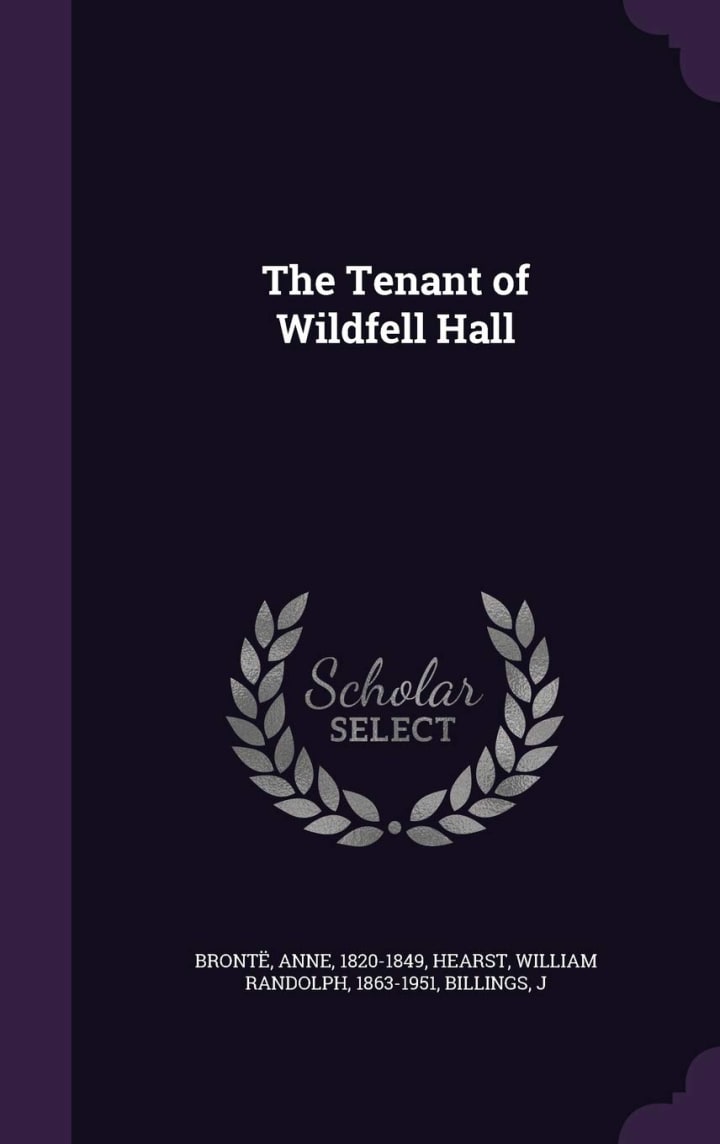
24. "The Tenant of Wildfell Hall" by Anne Brontë (1848)
Anne Brontë's groundbreaking novel addresses themes of alcoholism, abuse, and women's rights. Through the character of Helen Graham, the book challenges Victorian notions of marriage and morality.
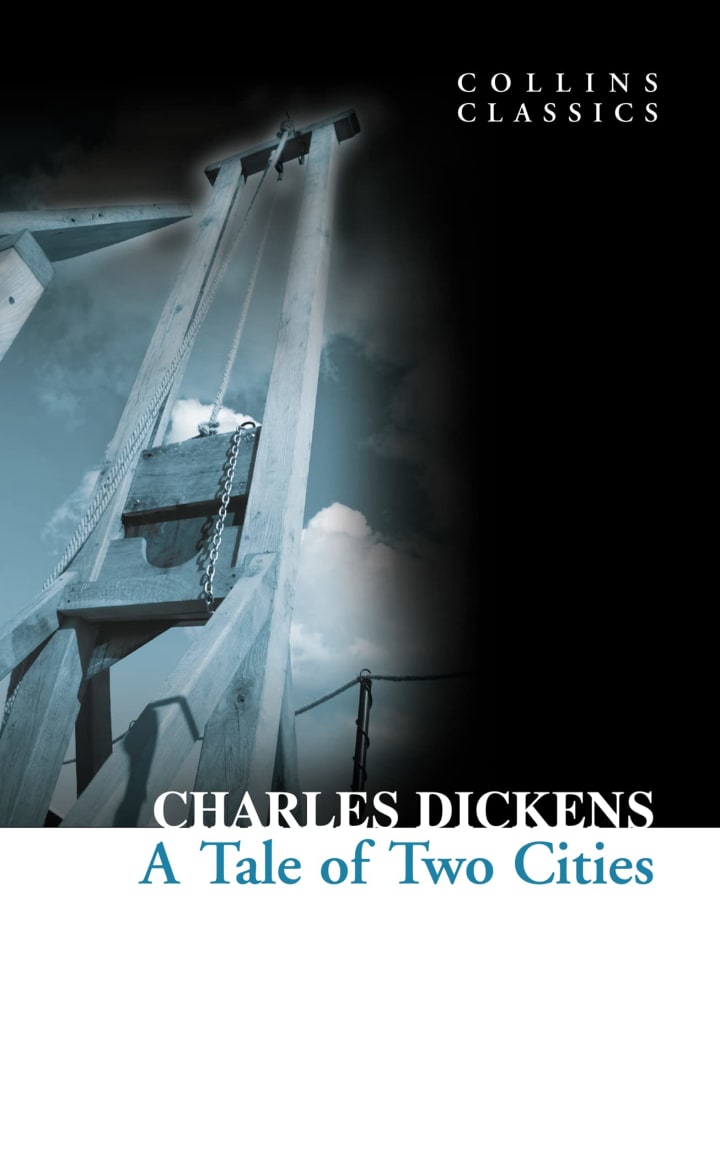
25. "A Tale of Two Cities" by Charles Dickens (1859)
Set against the backdrop of the French Revolution, Dickens's historical novel intertwines the lives of characters from London and Paris. Through themes of sacrifice, redemption, and social upheaval, the book offers a sweeping portrayal of love and revolution.
Conclusion:
Embark on a literary journey through the Victorian era with these 25 remarkable books. Each work presents a unique perspective, whether through captivating narratives, detailed historical accounts, or thought-provoking social commentary. Explore the intricacies of the 19th century and gain a deeper understanding of the social, cultural, and political dynamics that shaped this transformative period.
About the Creator
NovelNest Books
Book Recommendations
Enjoyed the story? Support the Creator.
Subscribe for free to receive all their stories in your feed. You could also pledge your support or give them a one-off tip, letting them know you appreciate their work.





Comments
There are no comments for this story
Be the first to respond and start the conversation.